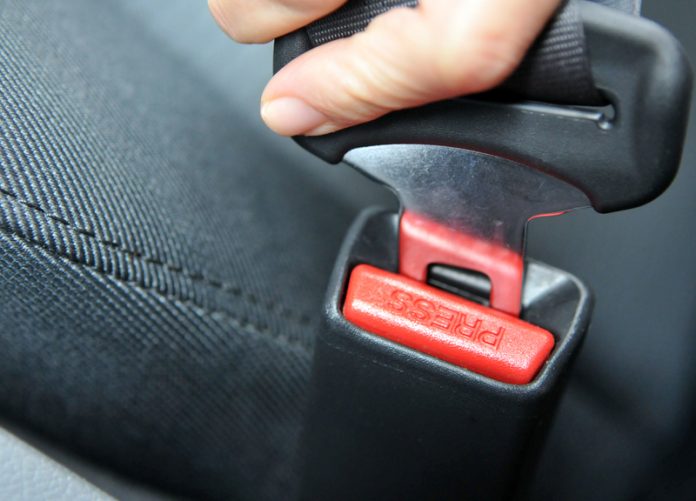The European Commission is considering making 19 vehicle safety technologies mandatory, it has emerged
Nineteen vehicle safety measures could be made mandatory under new European Commission plans. The technologies under consideration include autonomous emergency braking, active lane keeping, intelligent speed assistance, and seat-belt reminders.
The announcement was revealed in a report from the commission, which said the rules could be implemented in the next update of the European Union vehicle safety rules. This is expected next year. Updates to the EU’s safety rules have not been made since 2009.
Road deaths have reduced
Some 26,000 people reportedly die on EU roads each year and in the region of 135,000 people sustain life-changing injuries. Over the past two decades the number of incidents has greatly reduced, but the commission said improving vehicle safety standards is key to lowering these figures further.
Too long for action
While the plans were welcomed by the European Transport Safety Council (ETSC), the organisation also warned there were critical areas for action that were missing from the report. The ETSC also said the time scale for implementation was too long, given the majority of technologies discussed in the report are readily available now.
Antonio Avenoso, executive director of the ETSC, said: “These long-overdue changes are a step in the right direction for road safety in Europe.
“But giving the industry 14 years to implement some of the measures is incomprehensible, especially in light of the recent lack of progress in reducing deaths.
“There is also a sense of a growing inequality in road safety. With these proposals, drivers of more affordable vehicles will have to wait almost a decade to get guaranteed access to life-saving technologies that are available today on more expensive cars.
“The Commission must look again at the requirements and deadlines before its legal proposal next year.”
Research will now be undertaken by the commission to assess the cost effectiveness of the suggested technologies to “arrive at an irrefutable assessment of their impact to indeed boost EU vehicle safety”.











